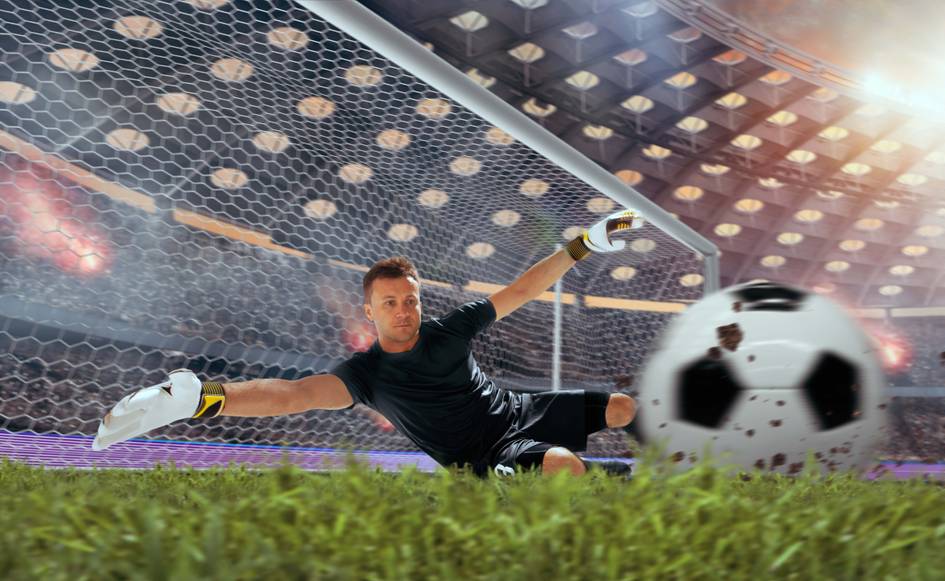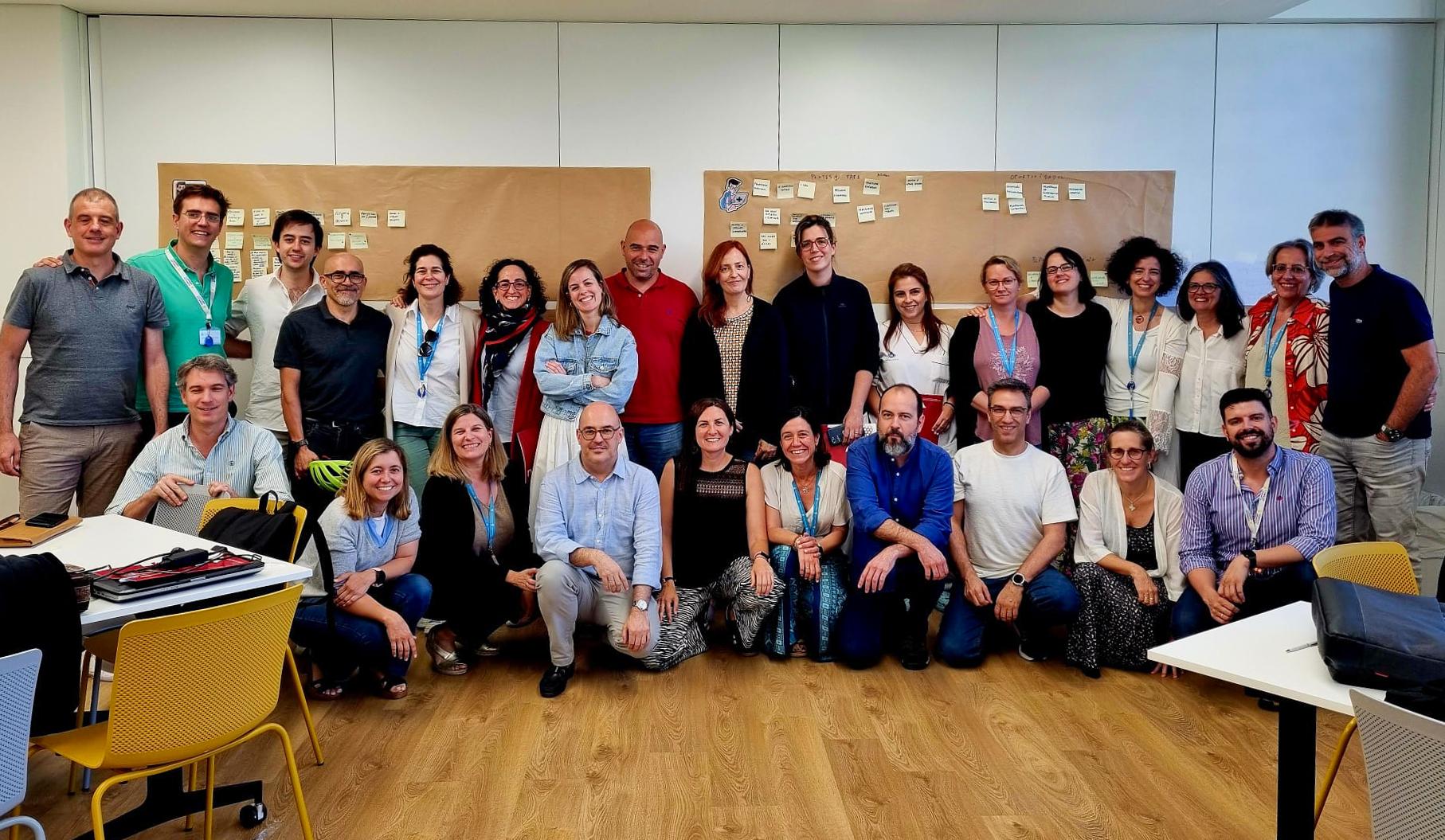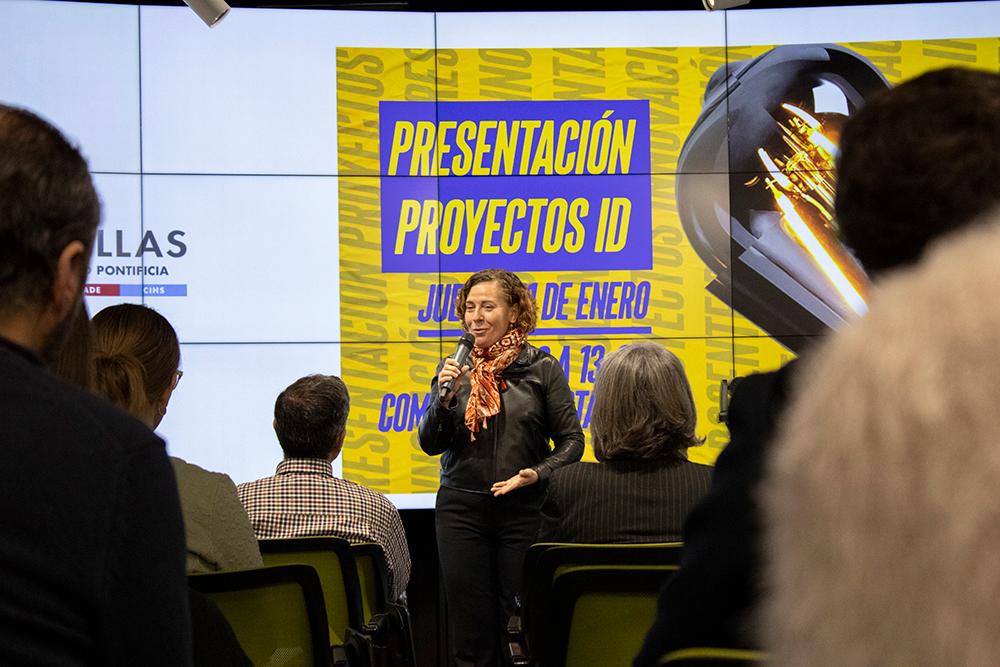What would happen if Spain went to penalties in the European Championship final?
Researchers from Comillas ICADE determine that in 40% of cases the shooter and the goalkeeper decide on the same side of the goal

Image by viarprodesign on Freepik
12 July 2024
Researchers from the Faculty of Economics and Business Administration (Comillas ICADE) at Comillas Pontifical University have used "game theory" to analyse the probabilities of scoring penalties. The research - carried out with the collaboration of the players of UD Sanse, from the town of San Sebastián de los Reyes (Madrid) - has found that the strategy used by the kickers coincides with that of the goalkeepers in 40.2% of the kicks on the pitch and in 45.75% at the game console. Interestingly, both pitchers and goalkeepers choose the centre of the goal more often in the console (60.45% versus 44.93%). We also observe that the probability of scoring a goal is much higher on the pitch (75.88%) than on the console (42.24%). However, these results are to be expected given that their relative skills on the console are different from those on the football pitch.
These results should hold regardless of whether the player is left or right-handed, striker or defender, and whether the goalkeeper is more or less tall or fast. If any of these implications are not met, it can be concluded that either the shooter or the goalkeeper (or both) are not performing to the best of their ability, and can increase their goal/save percentage with the right coaching and training.
It is important for clubs to devote resources to analysing and improving the strategies of their players and goalkeepers in these types of situations. This is the result of a huge amount of work involving coaches and data analysts with one goal in mind: to help the goalkeeper choose the option that minimises the chances of the ball ending up in goal. "Although most players, coaches and the vast majority of fans don't know it, a penalty kick is a clear example of an economic theorem, the Nash Theorem, which explains how players and goalkeepers should behave so that they do their best regardless of their skills," says Juan Sentana, researcher and lecturer at Comillas ICADE.
This has modelled the behaviour of players based on their (limited) decisions and expected outcomes (goal or no goal). The results of these interactions can be extrapolated to business contexts such as price setting or participation in auctions. "Our research aims to analyse whether players really behave 'as they should' in an experiment in which football players have to shoot/save penalties both on the console and on the football field," say Gonzalo Gómez Bengoechea and Juan Sentana, lecturers in Economics at Comillas ICADE. The main objective is to evaluate whether players behave in the same way on the pitch as they do on the console in order to check whether the experience they acquire in virtual reality helps them to take or save penalties better in real life.
You may also be interested in


The IIT at Comillas ICAI took part in an event for digitalisation and innovation in networks to boost essential services

The Teaching Innovation Support Office organised the 4th conference for the presentation of its own Teaching Innovation Projects
